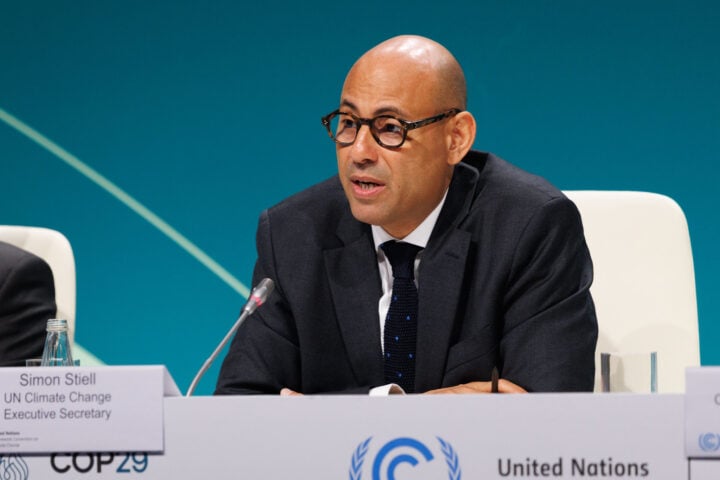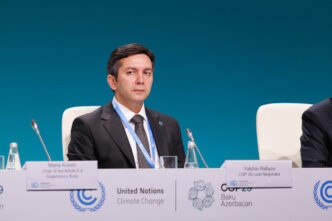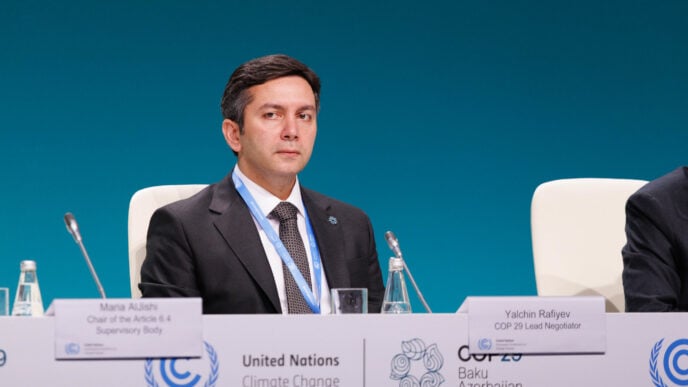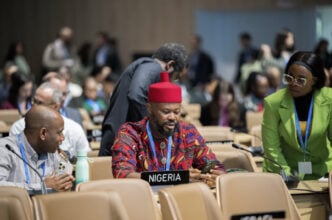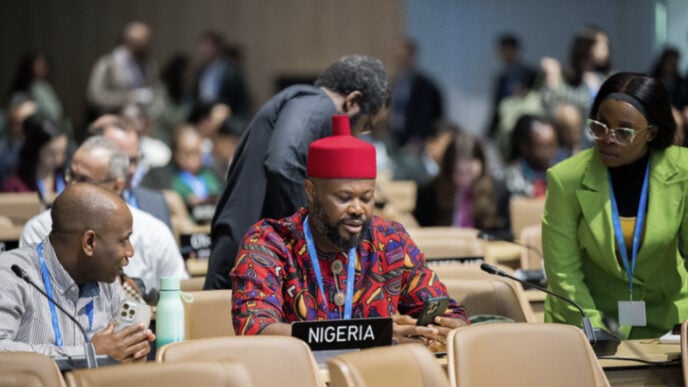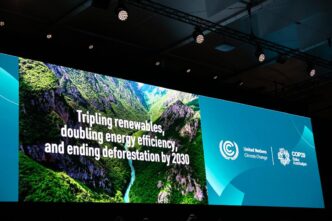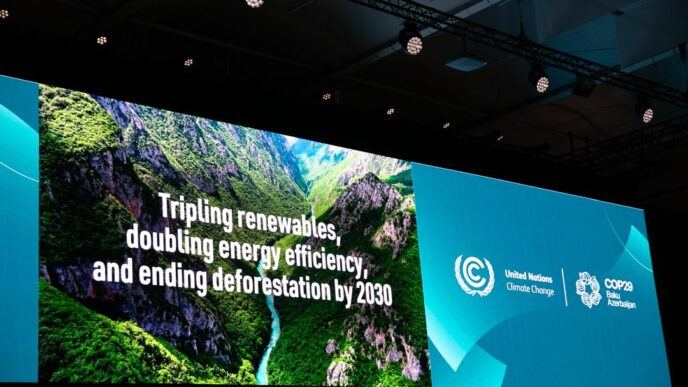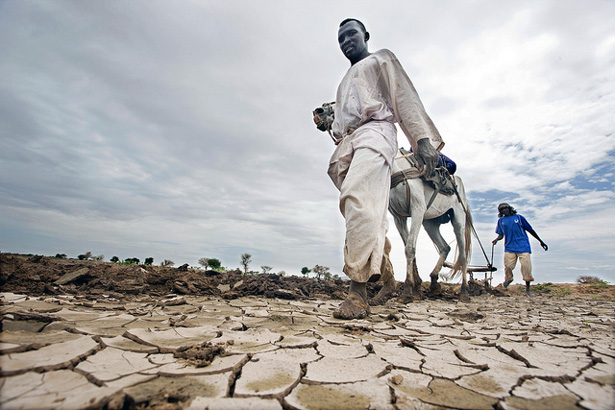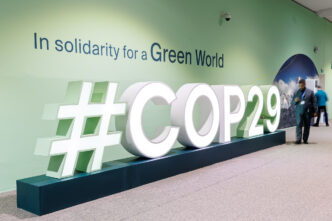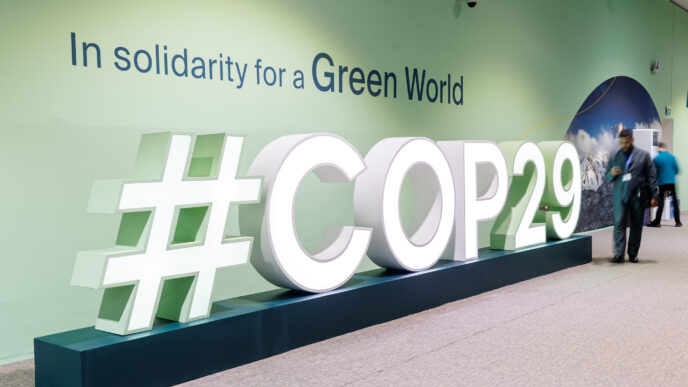Simon Stiell, executive secretary of the United Nations Framework Convention on Climate Change (UNFCCC) | (Photo: UN Climate Change - Kamran Guliyev)
Countries attending the 29th session of the climate change conference of parties (COP29) have agreed on a new global carbon market framework which will reward nations cutting down emissions.
Speaking on Tuesday in Azerbaijan, Simon Stiell, executive secretary of the United Nations Framework Convention on Climate Change (UNFCCC), said the operationalisation of carbon markets will accelerate climate action.
Stiell, who described the decision as “significant”, emphasised the need for climate investment to flow to where it is most needed.
He added that a deteriorating climate translates to a cost of living crisis and its impact will “put inflation on steroids unless every country can take bolder climate action”.
Advertisement
He urged leaders to ensure that their negotiators “skip the posturing and move directly to finding a common ground”.
“Unless all countries can slash emissions deeply, every country and every household will be hammered even harder than they currently are… will be living in a permanent inflationary nightmare. And this is not some far off risk,” Stiell said.
“So to Article 6, last night, parties agreed strong standards for a centralised carbon market under the UN. There is more work to do but this is a good start. The product of over 10 years of work within the process.
Advertisement
“Colleagues, you are masters of making complex things understandable. So let me say on Article 6, this is not some bit of UN bureaucracy when operational.
“These carbon markets will help countries implement their climate plans faster and cheaper, driving down emissions.
“We must ensure that developing countries benefit from new flows of finance. There’s more work to do on Article 6, and the process allows for all perspectives to continue to be heard.
“And there is a huge amount of work to do at the COP more broadly to ensure its delivery.”
Advertisement
CARBON MARKET
Carbon markets are carbon pricing mechanisms enabling governments and non-state actors to trade greenhouse gas emission credits.
Since the Paris Agreement in 2015, the United Nations has been drafting regulations to allow countries and businesses purchase credits in a transparent and credible market.
The recent framework adopted in Azerbaijan will allow for the establishment of rules including calculation of how many credits a project can receive.
Advertisement
Once operationalised, a carbon market would allow global north countries and historic polluters to offset emissions by purchasing credits from countries that have reduced their greenhouse gases above what they promised.
This will allow the global north countries meet up with their climate targets pledged in their nationally determined contributions (NDCs).
Advertisement
Although most developing countries have kicked against the global carbon market, experts say it could help in emissions reduction.
Advertisement
Add a comment
